California is a state in the Western region of the United States. It borders Oregon to the north, Nevada and Arizona to the east, and the Mexican state of Baja California to the south; it has a coastline along the Pacific Ocean to the west. With over 38.9 million residents across a total area of approximately 163,696 square miles, it is the most populous U.S. state, the third-largest U.S. state by area, and the most populated subnational entity in North America.
The Greater Los Angeles and San Francisco Bay areas in California are the nation's second and fifth-most populous urban regions respectively. Greater Los Angeles has over 18.7 million residents and the San Francisco Bay Area has over 9.6 million residents. Los Angeles is the state's most populous city and the nation's second-most populous city. San Francisco is the second-most densely populated major city in the country. Los Angeles County is the country's most populous county, and San Bernardino County is the nation's largest county by area. Sacramento is the state's capital city.
California's economy is the largest of any state within the United States, with a $3.6 trillion gross state product (GSP) as of 2022. It is the largest sub-national economy in the world. If California were a sovereign nation, it would rank as the world's fifth-largest economy as of 2022, just ahead of India and the United Kingdom, as well as the 37th most populous. The Greater Los Angeles area and the San Francisco area are the nation's second- and fourth-largest urban economies ($1.0 trillion and $0.6 trillion respectively as of 2020). The San Francisco Bay Area Combined Statistical Area had the nation's highest gross domestic product per capita ($106,757) among large primary statistical areas in 2018, and is home to five of the world's ten largest companies by market capitalization and four of the world's ten richest people. Slightly over 84 percent of the state's residents 25 or older hold a high school degree, the lowest high school education rate of all 50 states.
Prior to European colonization, California was one of the most culturally and linguistically diverse areas in pre-Columbian North America, and the indigenous peoples of California constituted the highest Native American population density north of what is now Mexico. European exploration in the 16th and 17th centuries led to the colonization of California by the Spanish Empire. In 1804, it was included in Alta California province within the Viceroyalty of New Spain. The area became a part of Mexico in 1821, following its successful war for independence, but was ceded to the United States in 1848 after the Mexican–American War. The California Gold Rush started in 1848 and led to dramatic social and demographic changes, including the depopulation of indigenous peoples in the California genocide. The western portion of Alta California was then organized and admitted as the 31st state on September 9, 1850, as a free state, following the Compromise of 1850.
Notable contributions to popular culture, ranging from entertainment, sports, music, and fashion, have their origins in California. The state also has made substantial contributions in the fields of communication, information, innovation, education, environmentalism, entertainment, economics, politics, technology, and religion. California is the home of Hollywood, the oldest and one of the largest film industries in the world, profoundly influencing global entertainment. It is considered the origin of the American film industry, hippie counterculture, beach and car culture, the personal computer, the internet, fast food, diners, burger joints, skateboarding, and the fortune cookie, among other inventions. The San Francisco Bay Area and the Greater Los Angeles Area are widely seen as the centers of the global technology and U.S. film industries, respectively. California's economy is very diverse. California's agricultural industry has the highest output of any U.S. state, and is led by its dairy, almonds, and grapes. With the busiest ports in the country (Los Angeles and Long Beach), California plays a pivotal role in the global supply chain, hauling in about 40% of all goods imported to the United States.
The state's extremely diverse geography ranges from the Pacific Coast and metropolitan areas in the west to the Sierra Nevada mountains in the east, and from the redwood and Douglas fir forests in the northwest to the Mojave Desert in the southeast. Two-thirds of the nation's earthquake risk lies in California. The Central Valley, a fertile agricultural area, dominates the state's center. California is well known for its warm Mediterranean climate along the coast and monsoon seasonal weather inland. The large size of the state results in climates that vary from moist temperate rain forest in the north to arid desert in the interior, as well as snowy alpine in the mountains. Droughts and wildfires are an ongoing issue for the state.
The Spaniards gave the name Las Californias to the peninsula of Baja California (in modern-day Mexico). As Spanish explorers and settlers moved north and inland, the region known as California, or Las Californias, grew. Eventually it included lands north of the peninsula, Alta California, part of which became the present-day U.S. state of California.
California was one of the most culturally and linguistically diverse areas in pre-Columbian North America. Historians generally agree that there were at least 300,000 people living in California prior to European colonization. The indigenous peoples of California included more than 70 distinct ethnic groups, inhabiting environments ranging from mountains and deserts to islands and redwood forests.
If you want to read a whole lot more, go here: https://en.wikipedia.org/wiki/California
If you've been to a church picnic or, really, just about any kind of family get-together in the South, then you're probably familiar with pimiento cheese spread. It's a staple there! We thought we'd give these deviled eggs a Southern twist by stuffing them with a pimiento cheese mixture, and boy, did they turn out good! These Pimiento Cheese Deviled Eggs will be a hit with your family this Easter.
- 6 hard-boiled eggs, peeled and cut in half lengthwise, yolks removed
- 3 tablespoons mayonnaise
- 2 ounces cream cheese, softened
- 1 tablespoon Dijon mustard
- 1/2 teaspoon garlic powder
- 1/2 teaspoon paprika
- 1/2 cup shredded sharp cheddar cheese
- 3 tablespoons chopped pimento peppers, plus extra for garnish
- In a food processor, combine egg yolks, mayonnaise, cream cheese, Dijon mustard, garlic powder, paprika, cheese, and peppers; process until smooth.
- Fill egg white halves with yolk mixture and place on serving platter. Garnish with extra peppers. Refrigerate until ready to serve.
1946 – Steve Kanaly, American actor
1948 – Billy Crystal, American actor and comedian






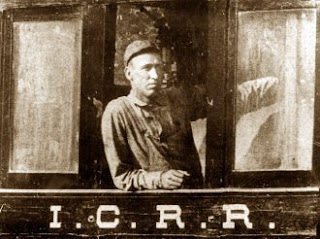
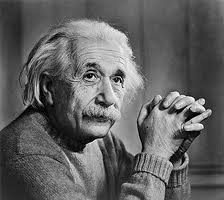

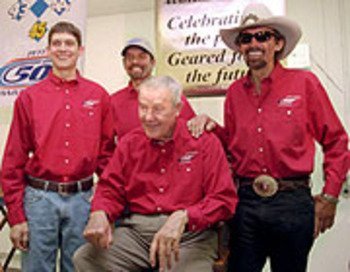

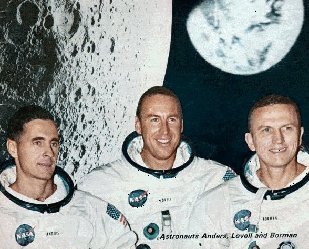
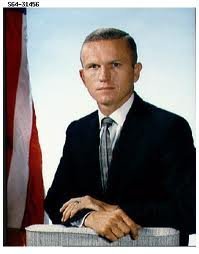
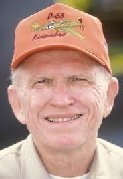


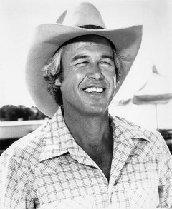
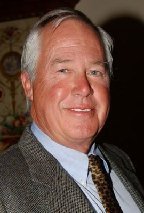
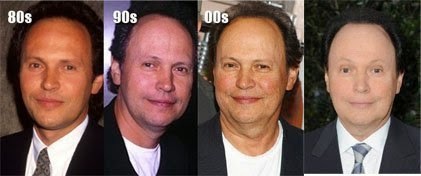



1 comment:
What a FUN morning read!
I’ll try the egg recipe this week- and your blog will allow me to indulge my guilty association with potato chips!
From California to you- BLESSINGS!
Post a Comment